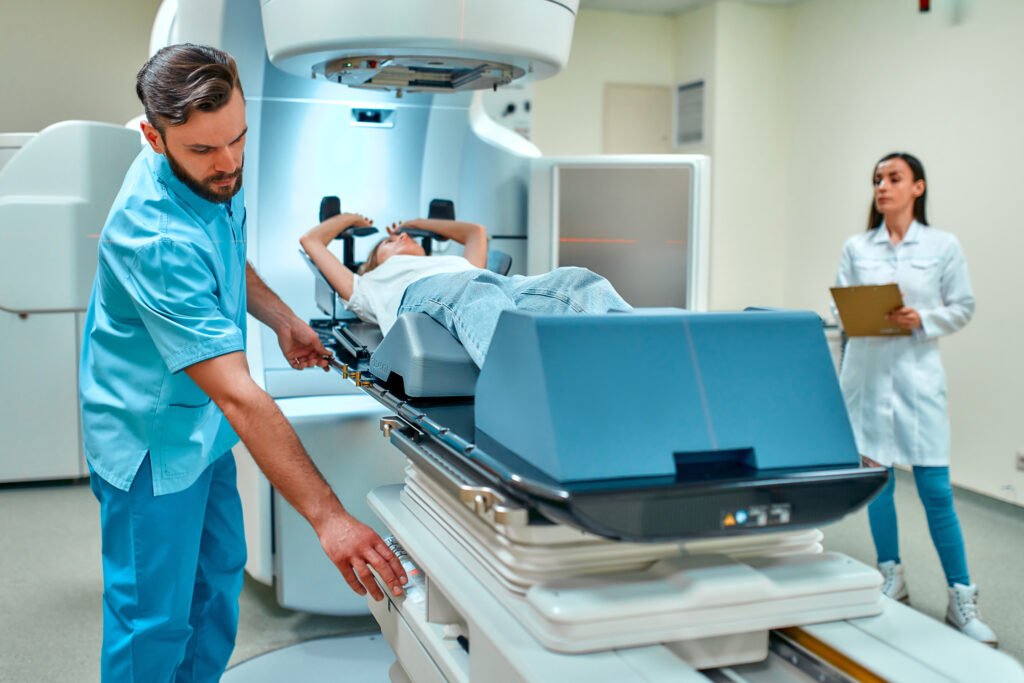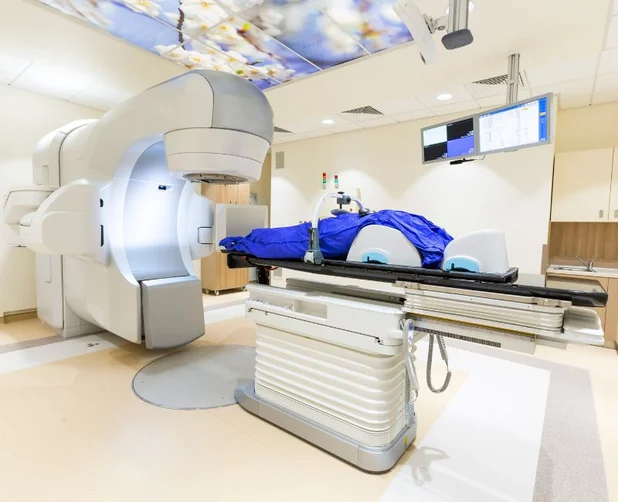Introduction
Revlimid (lenalidomide) is a groundbreaking medication used to treat multiple myeloma, myelodysplastic syndromes (MDS), mantle cell lymphoma, and other cancers. Despite its efficacy, the high cost of Revlimid can be a significant financial burden for patients. Fortunately, various patient assistance programs (PAPs) and financial support resources are available to help alleviate the cost, ensuring that patients can access their necessary treatments without compromise.
This comprehensive blog explores the various Revlimid patient assistance options, eligibility criteria, and steps to apply, providing an essential resource for patients and caregivers navigating the complexities of cancer treatment affordability.
Why is Revlimid So Expensive?
Revlimid is an oral chemotherapy medication classified as an immunomodulatory agent (IMiD). Its advanced formulation and proven effectiveness in treating complex cancers contribute to its high price. Additionally, the costs of research, development, and regulatory approvals further drive up the price. While insurance plans often cover part of the cost, out-of-pocket expenses can still be overwhelming for many patients.
This is where patient assistance programs and financial resources become crucial.

Revlimid Patient Assistance Programs
Revlimid Patient Assistance refers to various programs and resources designed to help patients afford the high cost of Revlimid (lenalidomide), a medication commonly prescribed for multiple myeloma, myelodysplastic syndromes (MDS), and other cancers. These assistance initiatives are offered by pharmaceutical companies, nonprofit organizations, and government agencies to ensure that eligible patients can access their prescribed treatment without financial hardship.
Several organizations, including pharmaceutical companies, nonprofits, and government agencies, offer patient assistance programs to help cover the costs of Revlimid. Below, we outline the key programs and how they can help you.
1. Bristol Myers Squibb (BMS) Patient Assistance Program
Revlimid is manufactured by Bristol Myers Squibb (BMS), which provides its own patient assistance program to support eligible patients.
- Program Overview: The BMS program offers free or reduced-cost Revlimid to eligible uninsured or underinsured patients.
- Eligibility:
- U.S. residency.
- Financial need based on income criteria.
- Patients who lack insurance or have insurance that doesn’t cover Revlimid adequately.
- How to Apply:
- Contact the BMS Access Support team via their website or hotline.
- Complete the application form with your healthcare provider’s assistance.
- Key Benefits: Covers Revlimid prescription costs entirely or partially, depending on eligibility.
2. Celgene Patient Assistance Program (CPAP)
Prior to being acquired by BMS, Revlimid was produced by Celgene, which established the CPAP. The program continues to operate under the BMS umbrella.
- Program Features: Offers free or discounted access to Revlimid for eligible patients, including support for copayments and coinsurance.
- Eligibility Criteria: Similar to the BMS program, focusing on income, insurance status, and medical necessity.
- Application Process: Applications are reviewed on a case-by-case basis. Reach out through the BMS Access Support portal.
3. Patient Access Network (PAN) Foundation
The PAN Foundation provides financial assistance to underinsured patients for out-of-pocket costs associated with Revlimid.

- Support Provided:
- Covers copays, coinsurance, and deductibles.
- Offers up to a pre-determined financial limit per year.
- Eligibility:
- Must have insurance that covers Revlimid.
- Income below a specific threshold (usually 500% of the federal poverty level).
- How to Apply:
- Applications can be completed online or by phone.
4. CancerCare Co-Payment Assistance Foundation
CancerCare is a nonprofit organization offering copayment assistance to eligible patients with cancer, including those prescribed Revlimid.
- Program Highlights:
- Provides grants to cover medication costs.
- Offers counseling and emotional support alongside financial aid.
- Eligibility Requirements:
- Proof of cancer diagnosis and Revlimid prescription.
- Financial need assessment.
- How to Apply:
- Submit an application online or via phone.
5. Good Days Assistance Program
Good Days is another nonprofit that supports patients struggling to afford treatment-related expenses.
- Support Areas: Covers copays, travel expenses, and other treatment-related costs for eligible patients.
- Eligibility:
- U.S. citizenship or residency.
- Insurance that partially covers Revlimid.
- Income threshold eligibility (varies by program).
- Application: Applications are accepted online or by phone, and approval is typically fast.
Government and State Assistance Programs
In addition to nonprofit and pharmaceutical-sponsored programs, government resources can also help.
1. Medicare and Medicaid Assistance
For seniors and low-income individuals:
- Medicare Part D: Covers a portion of Revlimid costs; additional assistance may be available through programs like Extra Help for low-income beneficiaries.
- Medicaid: Covers most cancer treatments, including Revlimid, for eligible individuals.
2. State Pharmaceutical Assistance Programs (SPAPs)
Some states offer programs to help cover medication costs for eligible residents. These programs vary by state but may help reduce the cost of Revlimid significantly.

Nonprofit Organizations Offering Support
1. The Leukemia & Lymphoma Society (LLS)
LLS offers financial aid programs for patients undergoing treatment for blood cancers, including those prescribed Revlimid.
2. Patient Advocate Foundation (PAF)
PAF provides direct financial assistance for medication costs and offers case management services to help patients navigate insurance and billing issues.
3. HealthWell Foundation
This foundation supports patients with financial assistance for out-of-pocket costs related to medications like Revlimid.
Tips for Applying for Assistance
- Gather All Necessary Documents: Most programs require proof of income, insurance details, and a Revlimid prescription.
- Work with Your Healthcare Provider: Doctors and pharmacists can help streamline the application process by providing necessary medical documentation.
- Be Persistent: If your initial application is denied, inquire about an appeal process or alternative resources.
- Monitor Deadlines: Many assistance programs have yearly limits or require reapplication. Stay on top of deadlines to maintain continuous support.
Other Financial Support Strategies
1. Manufacturer Coupons and Copay Cards
Some patients may qualify for manufacturer-sponsored copay cards that significantly reduce out-of-pocket costs. Check with BMS for availability.
2. Prescription Discount Programs
Pharmacies and third-party platforms like GoodRx or SingleCare may offer discounts on Revlimid prescriptions.
3. Crowdfunding
Platforms like GoFundMe can help patients raise funds to cover treatment costs. While not a formal program, it can provide short-term financial relief.
Emotional Support for Patients
Financial stress can exacerbate the emotional burden of cancer treatment. Alongside financial assistance, consider these emotional support options:
- Support Groups: Join online or in-person groups for Revlimid patients.
- Counseling Services: Many cancer organizations offer free or low-cost counseling.
- Family and Caregiver Support: Encourage open communication with loved ones to share the financial and emotional load.

FAQs on Revlimid Patient Assistance
1. How much does Revlimid cost without insurance?
The price of Revlimid can exceed $20,000 per month without insurance, making financial assistance essential for many patients.
2. Can I apply for more than one patient assistance program?
Yes, many patients combine resources from multiple programs to cover the full cost of treatment.
3. How long does it take to get approved for assistance?
Approval times vary, but many programs provide decisions within a few days to weeks.
4. What happens if I no longer qualify for a program?
If you lose eligibility, reach out to other programs or speak with your healthcare provider to explore alternative treatment funding options.
Conclusion
Revlimid is a powerful tool in the fight against cancer, but its cost can be a barrier for many patients. Thankfully, a variety of patient assistance programs, government resources, and nonprofit organizations exist to help bridge the financial gap. By leveraging these resources and working closely with your healthcare provider, you can ensure access to the life-saving treatment you need.
If you’re struggling with the cost of Revlimid, don’t hesitate to explore the options outlined in this guide. Financial support is available, and no patient should have to choose between their health and affordability.
1. How much does Revlimid cost without insurance?
The price of Revlimid can exceed $20,000 per month without insurance, making financial assistance essential for many patients.
2. Can I apply for more than one patient assistance program?
Yes, many patients combine resources from multiple programs to cover the full cost of treatment.
3. How long does it take to get approved for assistance?
Approval times vary, but many programs provide decisions within a few days to weeks.
4. What happens if I no longer qualify for a program?
If you lose eligibility, reach out to other programs or speak with your healthcare provider to explore alternative treatment funding options.
